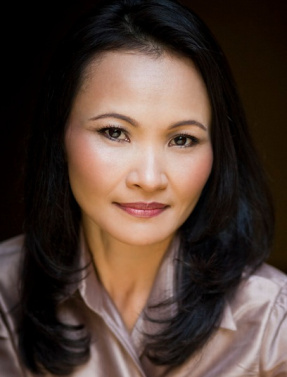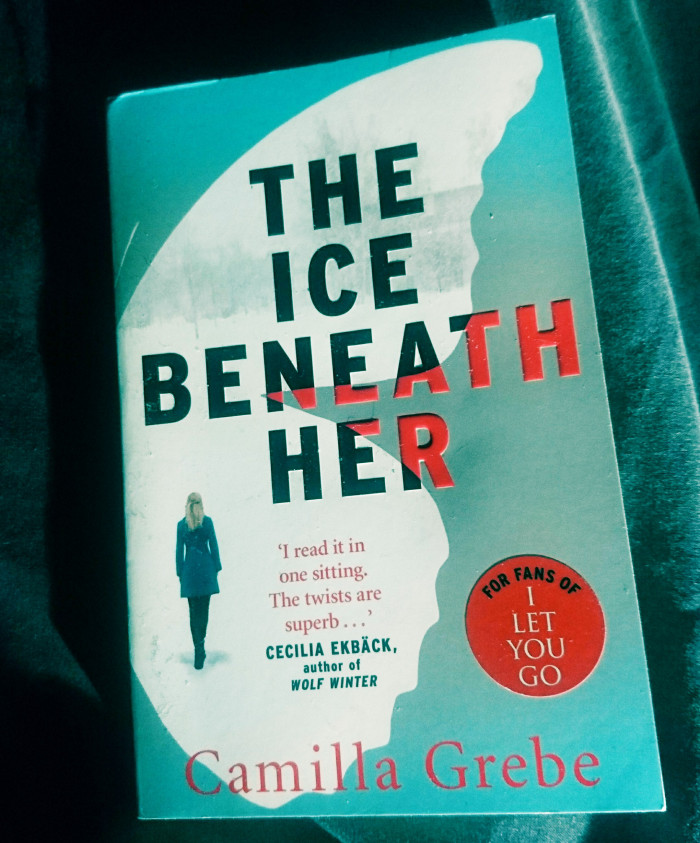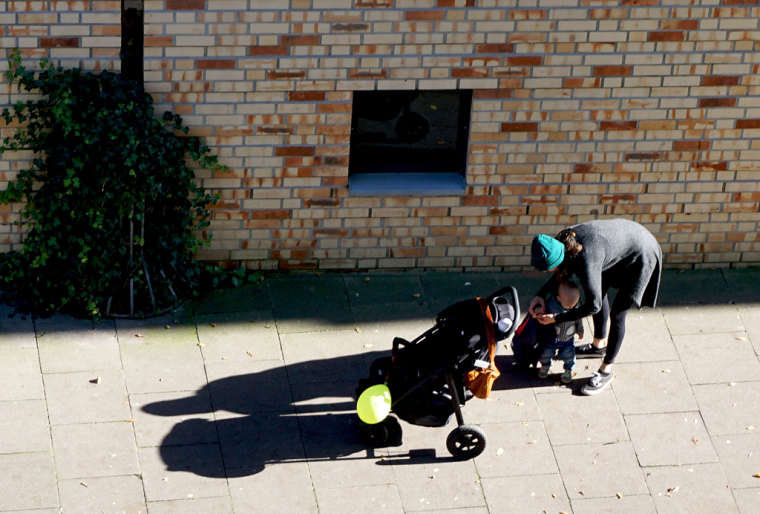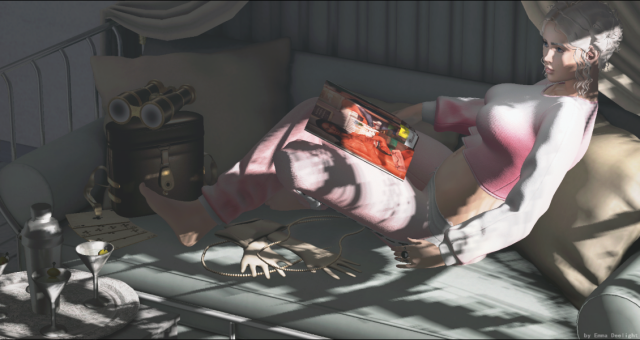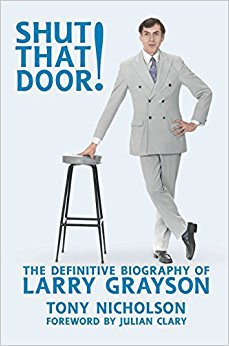
Seems like a nice boy: Comedian’s life was tinged with sorrow and joy.
At its peak, Larry Grayson’s Generation Game attracted audiences of 25 million. For an entire generation, the show was a key part of their Saturday night viewing schedule. The Oxfordshire born comedian’s catchphrases “Shut that door!”, “Seems like a nice boy”, and “Look at the muck in ‘ere” seeped into popular culture. His innuendo-laden asides to camera brought camp culture into the mainstream and made him a figure of hate for gay militants.
When it was first announced that Grayson would replace TV legend Bruce Forsyth critics predicted a swift end for the series. TV executives were initially reluctant to make such a radically bold shakeup to the format and instead lobbied for a safe pair of hands in the form of Record Breakers host Roy Castle to take over presenting duties. Confident that they had made the right choice the programme’s production team stood their ground and shot a pilot. Few would have predicted that the revised format and new presenter would take the show to greater heights of popularity. Hosting the biggest game show on UK TV was a huge reward for a professional who had spent several decades treading the boards in working men’s clubs, nightclubs, seaside reviews, and Soho pick-up joints.

In the 1990s TV producer Tony Nicholson worked with Larry Grayson on a game show. Over nine months they shot a series which performed well in the ratings but ultimately failed to please executives who were more concerned with catering for younger viewers. The producer who had once been one of millions watching The Generation Game now had the opportunity to get to know one of the 1970s biggest TV stars. His time working with Grayson inspired the producer to write the biography.
Using newly discovered notes for an unpublished autobiography and never before published photographs alongside freshly recorded interviews with surviving friends and colleagues, Tony Nicholson has assembled an account of a life filled with tremendous joy and heartbreaking lows. The book is a labour of love partly born out of a desire to remind readers that Grayson was one of the most significant comedians working in twentieth-century British television.

Beyond the innuendo, catchphrases, and potters wheel, very little was known about the comedian until now.
Grayson was born William White in a workhouse. His mother was in love with someone of a different religious persuasion whose family were vehemently opposed to the prospect of their union. The precise identity of Grayson’s father is a mystery. As Nicholson points out, the comedian was uninterested in learning the truth of his lineage. The author’s commentary is sympathetic to Grayson’s mother, reminding readers that this was an intolerant era.
Fostered by a miners family, he suffered heartache at six when his adoptive mother died. Mothered by his foster sister, he was raised as Billy Hammond, trod the boards as Billy Breen before finding fame in middle age as Larry Grayson.
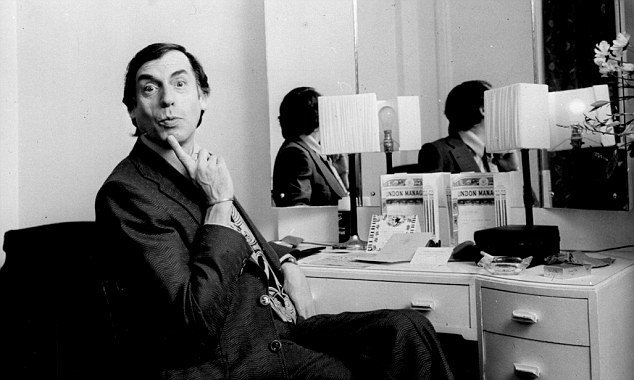
The author’s research has uncovered a lost world in which comedians honed their acts over several decades before becoming an overnight sensation. Seasons at the bottom of the bill in seaside reviews and residencies in working men’s clubs were an essential part of the apprenticeship severed by Grayson and many of his contemporaries before their discovery by the leading theatrical impresarios of the day.
Establishing the real-life stories behind well-known characters Slack Alice and Everard, the author suggests that beyond the innuendo Grayson was paying an affectionate comedic tribute to people he had known in his formative years.
More than a warm tribute, Shut That Door critiques now antiquated attitudes and celebrates Grayson’s pioneering efforts to place camp culture into the heart of the mainstream a few years after the legalisation of homosexuality.
Shut That Door is published by Kaleidoscope Publishing.
Advertisements Share this:- More
